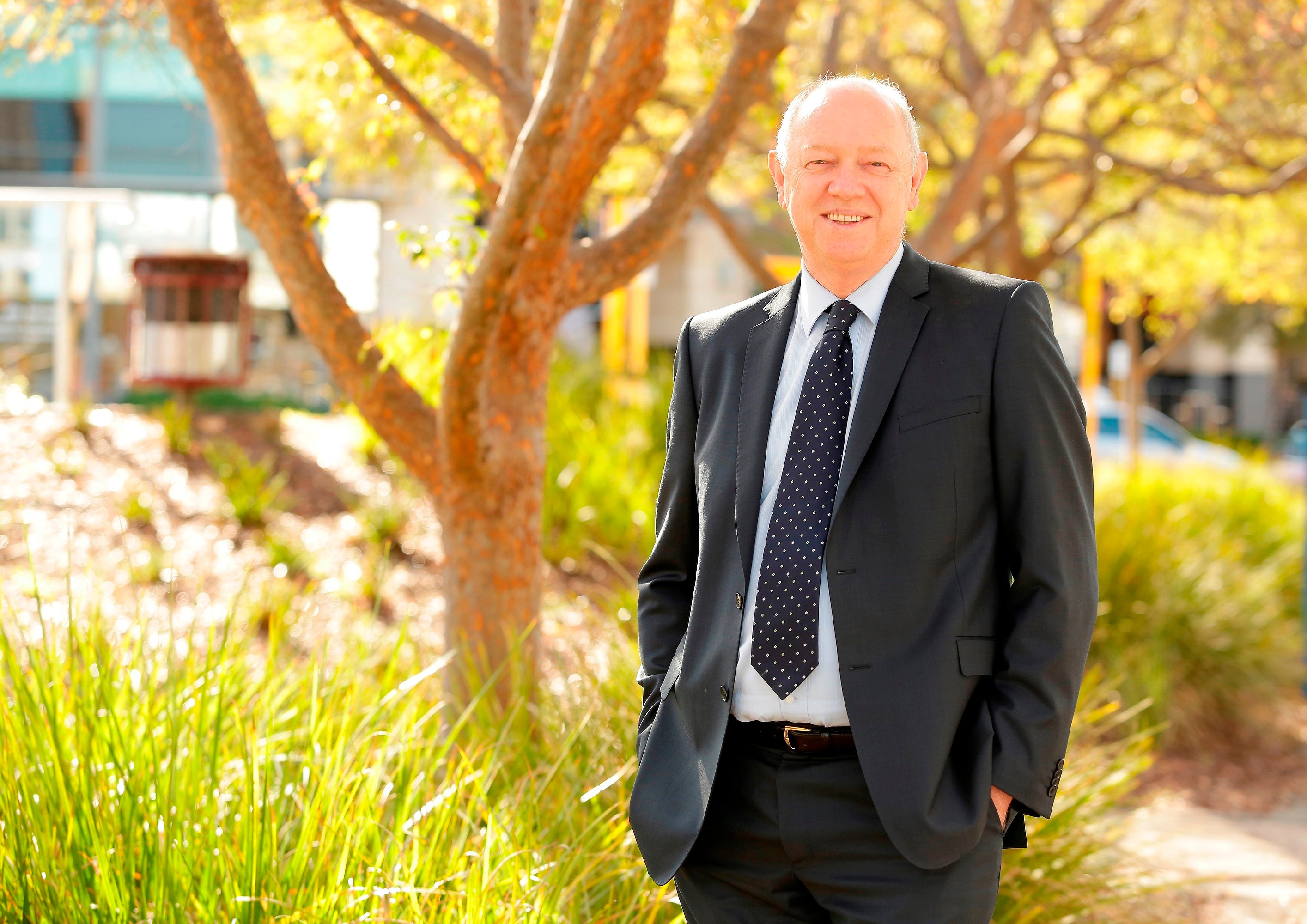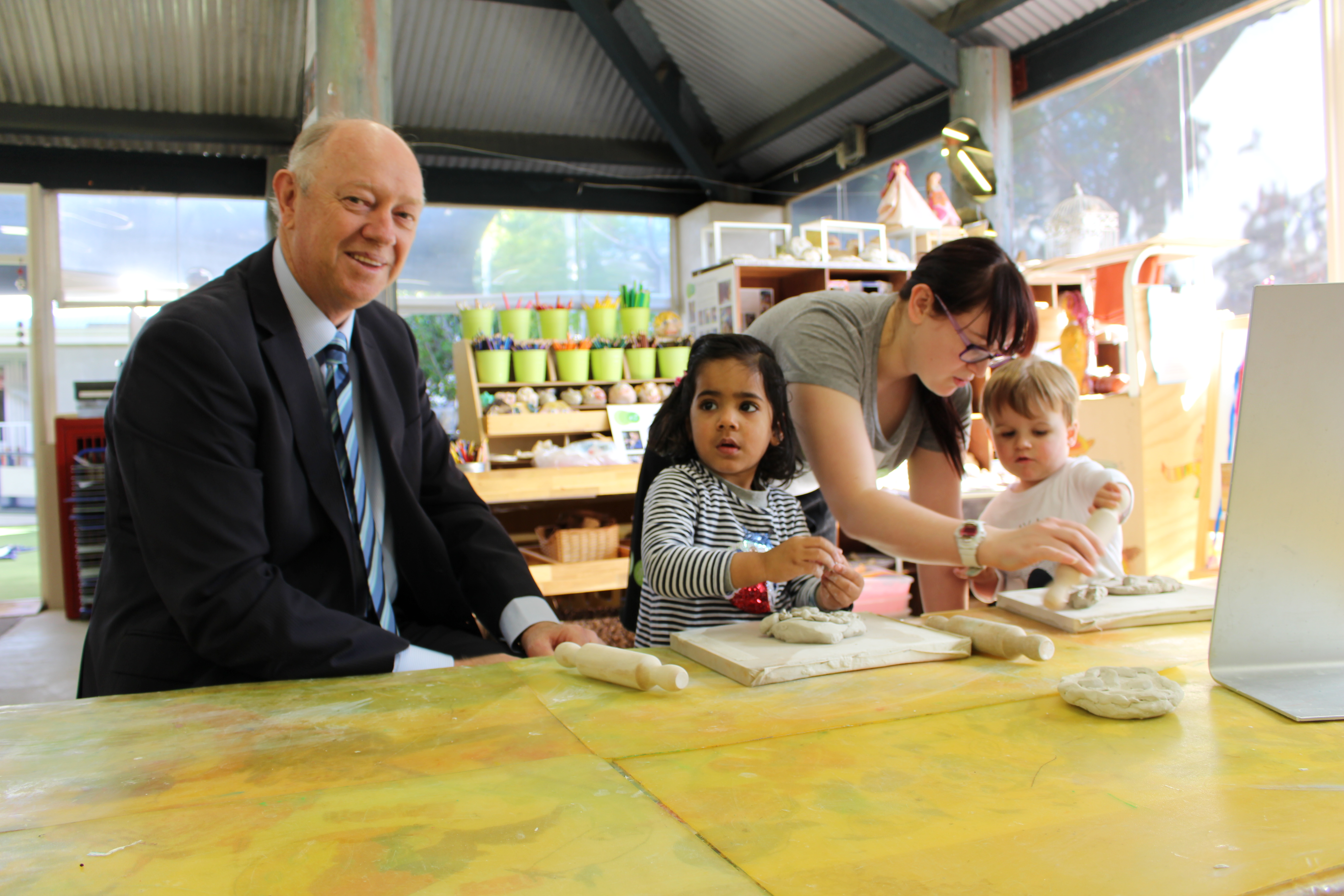Around seven per cent of children and young people live in poverty, and one third are developmentally vulnerable when they start full-time school.
For Children’s Commissioner Colin Pettit, the figures are a stark reminder that despite significant work and good intentions, too many of the State’s children are still falling through the gaps.

Colin Pettit, Commissioner for Children and Young People
“There are far too many vulnerable children in WA from a range of backgrounds and cultures who remain caught in the trap of disadvantage,” Mr Pettit said.
In order to overcome the challenges, these children need support, resources and opportunities.
“If we get it right early on it provides an excellent foundation for children and young people to build on as they develop,” he said.
With almost a quarter of our population aged under 18, it is important that children have opportunities to have a say about decisions that affect them.
Their insights can help inform decision-making and identify where there may be gaps in services. Mr Pettit believes such opportunities should be embedded within Government agencies as well as non-government services and programs.
In fact, Mr Pettit would like to see a statement included with any new legislation and major policy outlining the impact on children and how children’s views have been considered, prior to implementation, similar to that already in place in New Zealand.
“This can provide for both a better relationship with children and young people as service users and provide a source of information for practice and policy monitoring and improvement,” he said.
His office had used a number of innovative ways to consult with children, including art and music workshops – even making hip hop music and videos – and face-to-face interviews and online surveys.
It is important for children of all ages and abilities to have a voice. For example, anyone seeking the input of children and young people should not just seek the opinions of student council or student leaders.

“Even very young children can be involved and provide thoughtful insights with the right approach,” Mr Pettit said.
Children and young people can reap numerous benefits from participating in these processes. For instance, it helps to develop their sense of responsibility, build decision-making skills and improve their social inclusion.
“Listening to children must be a vital part of the business of providing services to children and young people. It should be remembered children have this fundamental right under the United Nations Convention on the Rights of the Child,” he said.
The Commissioner’s office has consulted with children on a number of issues in recent years, including children in out-of-home care on how they raise concerns.
This provided important information used by the department and Minister to inform child protection reform.
Mr Pettit said he also regularly tabled the views of children and young people in Parliament on major issues.
“This year I reported to Parliament on what 1812 students told me about their school and learning,” he said.
“In my briefings to Members of Parliament on this consultation, I sensed a real desire from decision makers to better understand the views of children and a willingness to listen and act in response to these views.”
Mr Pettit’s office has developed guidelines and other resources to assist anyone wanting to consult with children and young people. There is also information about how to work with Aboriginal children in culturally appropriate ways.
All are available on the Commissioner for Children and Young People website.
For more information and research about children’s views on poverty and disadvantage, click here.
